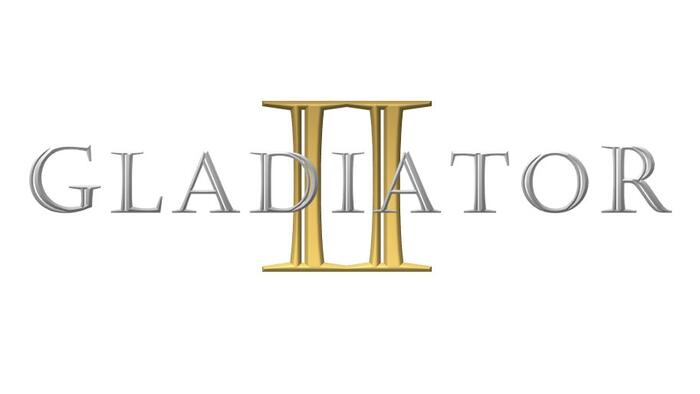Richard Porter’s exploration of “Gladiator II,” while framed in the context of Hollywood sequels typically failing to capture the essence of their originals, reveals compelling parallels between the film and American politics, particularly concerning Donald Trump. The new film, helmed by Ridley Scott, retains a familiar narrative of an individual challenging systemic oppression, yet feels distinct and contemporary. Notably, Porter draws attention to how the narrative of “Gladiator II” could metaphorically represent Trump’s resurgence in politics, suggesting that his current campaign is characterized by a shift in momentum compared to his earlier run. This time, he has emerged with greater public support and a semblance of stability, illustrated by recent events such as his high-profile meetings with world leaders and the appointment of allies in crucial positions.
Historical comparisons between ancient Rome and modern America are not new. The founders of America were inspired by Roman ideals, often emulating figures like George Washington, who positioned civilian leadership above military power, and drawing lessons from the republic’s fall. References to Roman history permeate U.S. leadership, serving as both an inspiration and a cautionary tale regarding the pitfalls of overreach, financial mismanagement, and political corruption. Through this lens, Porter critiques Scott’s interpretation of the film’s antagonist, who he believes is erroneously modeled after Trump. Instead, Porter posits that Trump embodies the qualities of the heroic figure who resists oppressive forces, while his opponents reflect the duplicitous schemers of the Roman political landscape.
Ridley Scott’s assertion that the character in “Gladiator II,” portrayed as a corrupt and opportunistic figure, parallels Trump underscores a cultural divide in political perceptions. Porter argues that Scott misrepresents Trump, suggesting that the former president’s narrative aligns more closely with that of the gladiator—a leader opposing systemic corruption rather than perpetuating it through greed and chaos. This interpretation aligns Trump’s story arc with themes of resilience and principled leadership rather than the manipulative behaviors embodied by the film’s villain. For Porter, Trump’s rise is not about power for its own sake but about restoring the dream of America by challenging corrupt elites and fighting for the average citizen.
Central to the thematic fabric of “Gladiator II” is the idea of reclaiming a lost ideal, referred to in the film as “the dream that was Rome.” This notion resonates with contemporary American discourse, where calls to revitalize the American Dream have become increasingly poignant. The protagonist’s journey to restore power from the hands of corrupt leaders echoes Trump’s promise to return authority back to the people and address the grievances of ordinary citizens. The film thus serves as a metaphor for Trump’s platform, which emphasizes reformation of governance over mere political retribution. This message resonates with supporters who seek to dismantle bureaucratic red tape and restore the political system to one reflective of the populace’s needs.
Furthermore, Porter integrates the idea of revenge not in the conventional sense of retaliation but as a transformative journey toward success and effectiveness in governance. He frames Trump’s approach as one that transcends vengeance against political adversaries; instead, it embodies a vision of progress through achievement and integrity. During interviews, Trump emphasizes a forward-looking perspective aimed at national success rather than dwelling on past grievances, reinforcing the notion that ultimate satisfaction lies in positive outcomes rather than mere revenge against his detractors.
As Porter closes his analysis, he reflects on Trump’s anticipated 2024 campaign as an unfolding narrative, suggesting that the foundational dynamics set in “Gladiator II” foreshadow a broader struggle for recognition and redemption in the political arena. The allegorical connections between the film’s narrative and Trump’s rise illustrate a broader thematic resonance—one that celebrates defiance against societal oppression reminiscent of the gladiator spirit. Ultimately, Porter asserts that Hollywood may need to come to terms with the reality that Trump represents a modern gladiator, championing the dream that defines America against opposing forces of political corruption and division.

